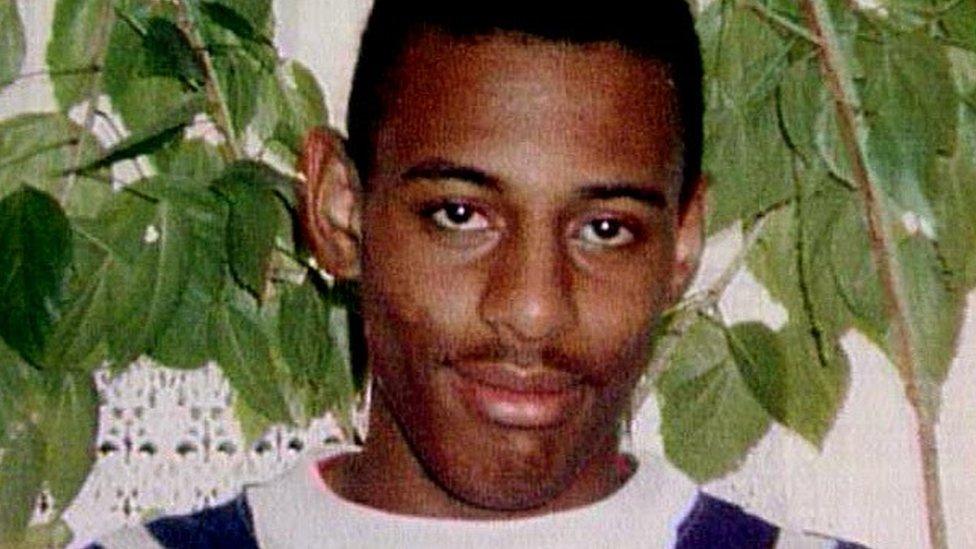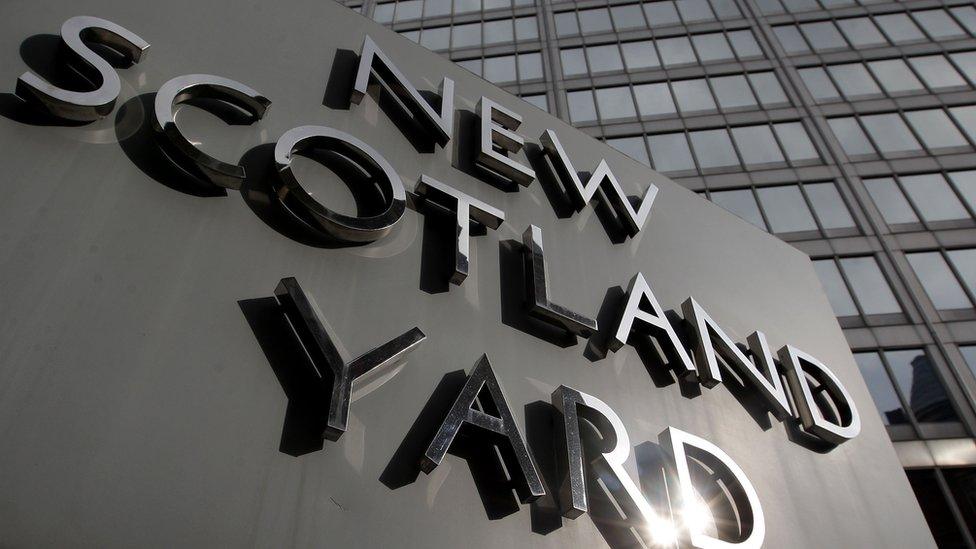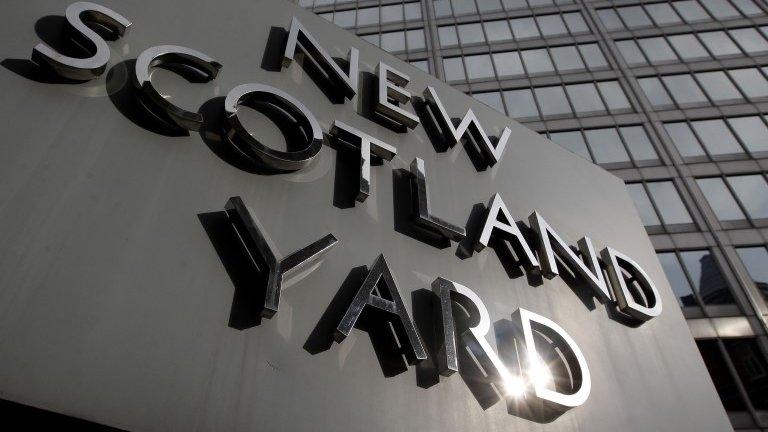Undercover policing inquiry announces key participants
- Published

Stephen Lawrence was murdered at a bus stop in Eltham, south-east London, in 1993
Almost 150 people, including the parents of murdered teenager Stephen Lawrence, are to play a key role in an inquiry into undercover policing.
The provisional core participants also include Winston Silcott - wrongly convicted of the murder of PC Keith Blakelock - and 18 undercover officers.
The inquiry will consider the use of officers in undercover roles by police forces in England and Wales., external
It will not start for another year and could take three years to complete.
The list of core participants - who have the right to legal representation at the inquiry and to question witnesses - also includes the son of an undercover detective who had been unaware of his father's true identity until he was exposed by campaigners.
The provisional list of core participants also features:
Women who had relationships with undercover officers from Scotland Yard
Peter Francis, a former undercover police officer turned whistleblower
Piers Corbyn, former squatters' rights campaigner and brother of Labour party leader Jeremy
Environmental protesters cleared following miscarriages of justice
The family of Jean Charles de Menezes
Campaigners who highlighted high-profile deaths in custody
The family of a dead baby whose identity was used by undercover officers
The list also includes the Met Police and National Crime Agency - two of the key forces regularly deploying undercover officers.
The massive inquiry was prompted by allegations undercover police spied on the family of Mr Lawrence, who was murdered at a bus stop in Eltham, south-east London, in 1993.
Hillsborough families
Sir Christopher Pitchford, inquiry chairman, told Wednesday's packed preliminary hearing at London's Royal Courts of Justice that he had provisionally excluded 230 more applicants.
But he said he would give them the opportunity to challenge that decision before the list of core participants is finalised in the next week.
On Wednesday, many of those who have been excluded began those challenges - including lawyers for almost every one of the families bereaved in the 1989 Hillsborough disaster.
Speaking for some of those families, Pete Weatherby QC argued they should be allowed to take part because they did not know whether police had subjected their justice campaign to covert surveillance.
He said police had so far neither confirmed nor denied whether any such operations took place prior to the decision to re-open inquests for the 96 people who lost their lives in the disaster.

The hearing was also told that while one family of a deceased baby whose identity was used by an undercover officer had been given core participant status, two other families had been excluded.
Jules Carey, solicitor for the families, urged Sir Christopher to rethink their provisional exclusion.
In both cases, he said, their child had died in the 1970s and the families suspected police officers had taken their identities as part of a "ghoulish and disrespectful" plan to build cover stories.
"Police have apologised in general terms [for using identities] but they have neither confirmed nor denied exactly what happened," he said.
Among others who have been provisionally excluded are a group of leftwing activists involved in radical London politics dating back to the late 1960s, an environmental journalist who says an undercover officer deliberately befriended him to infiltrate campaigns and two unnamed animal rights activists who are wanted under European Arrest Warrants.
- Published28 July 2015

- Published28 July 2015
- Published12 March 2015
